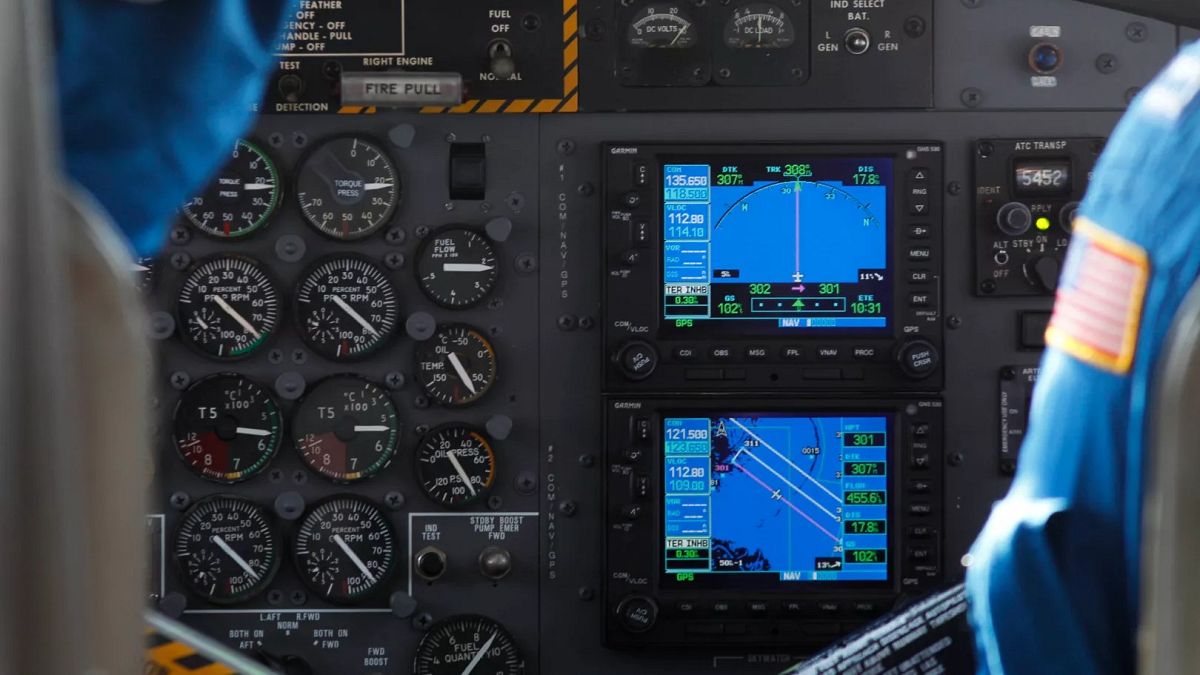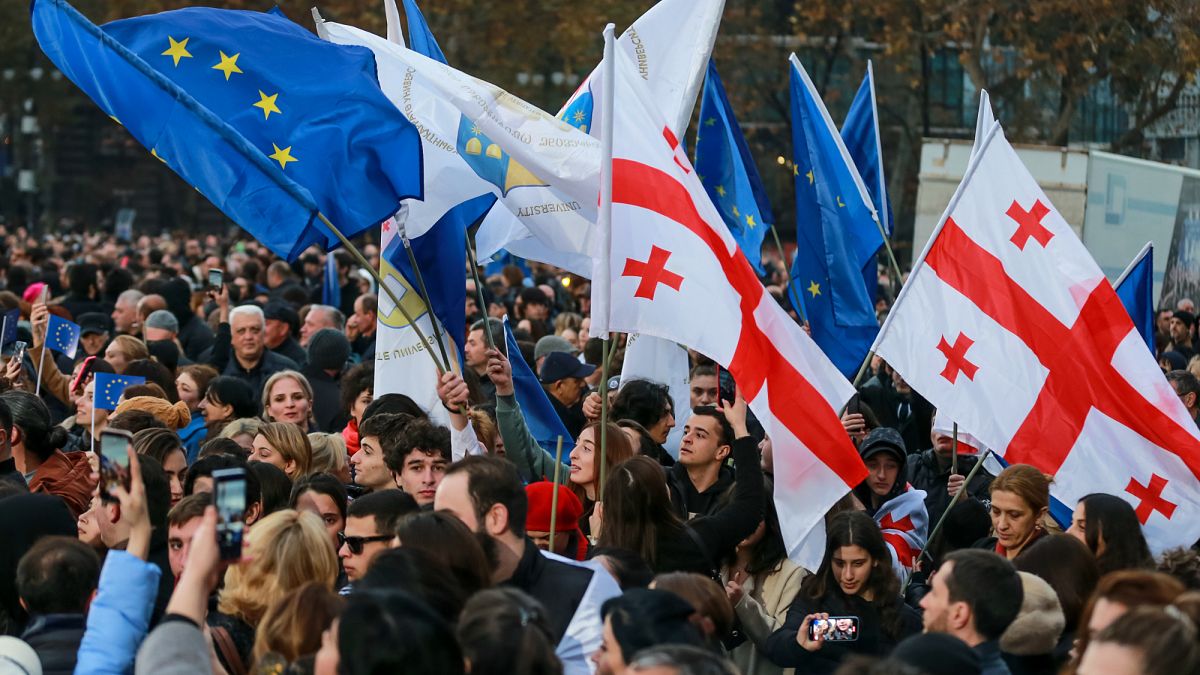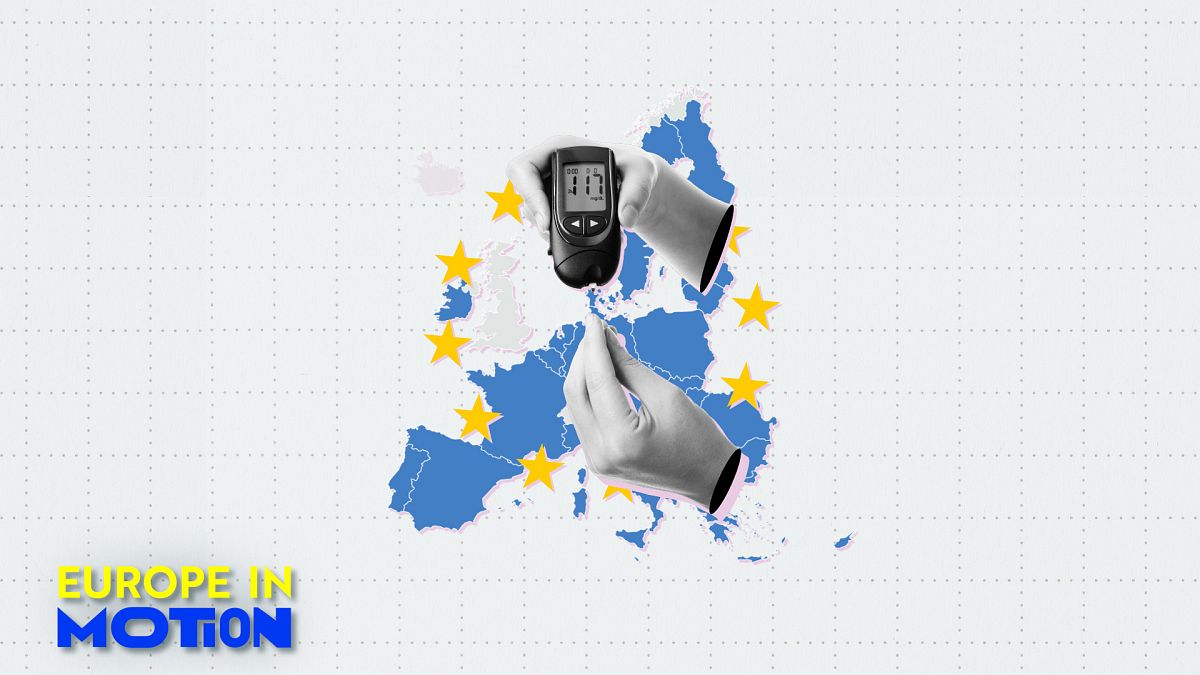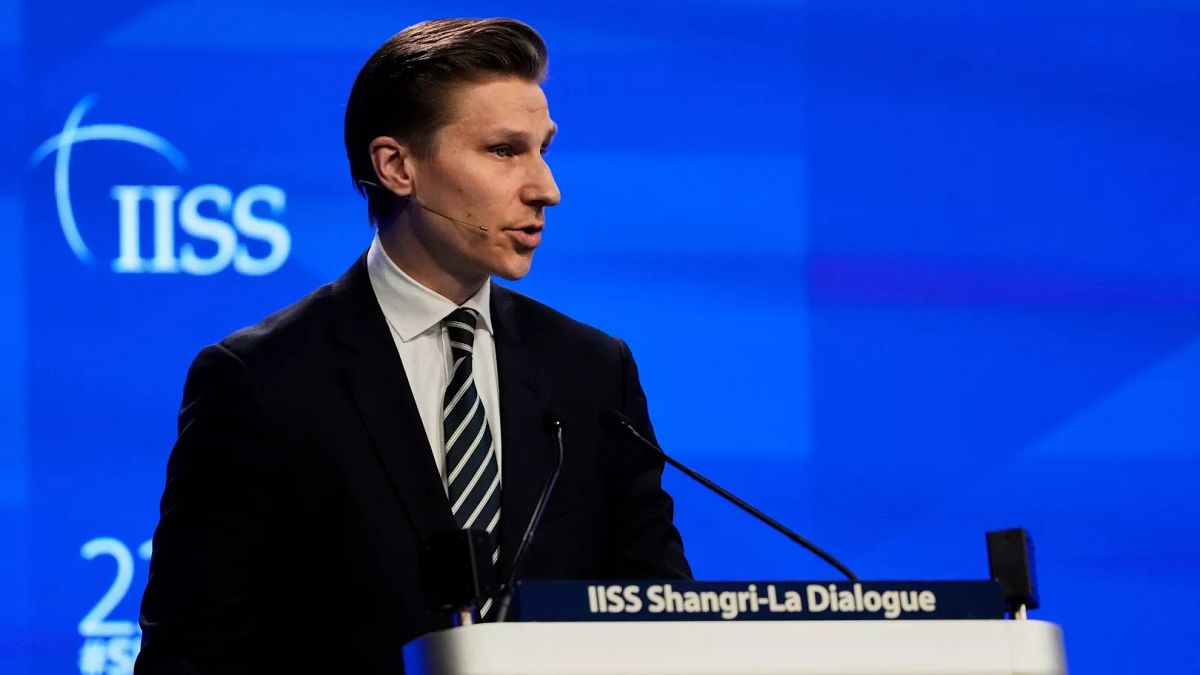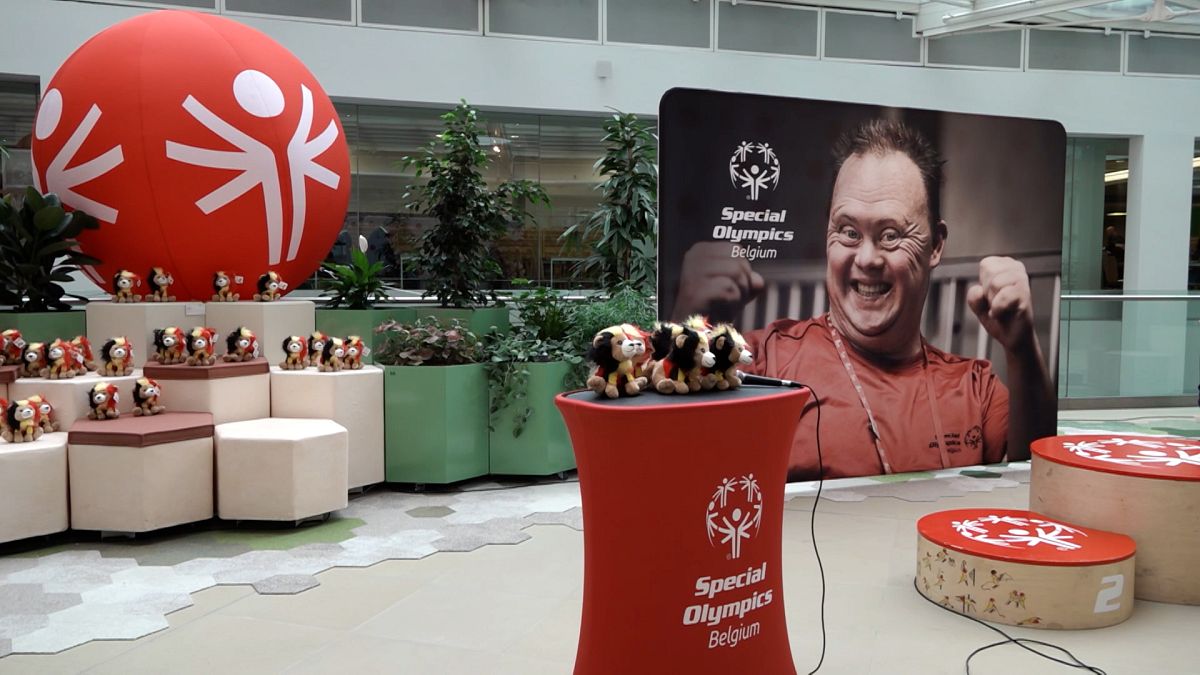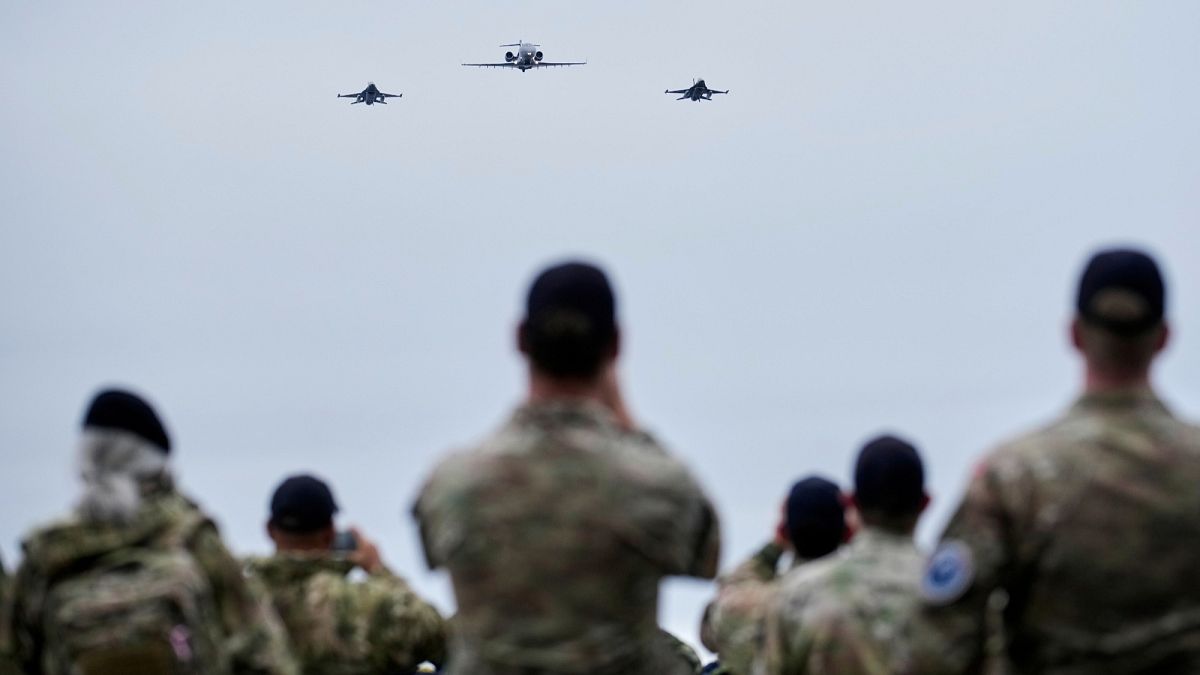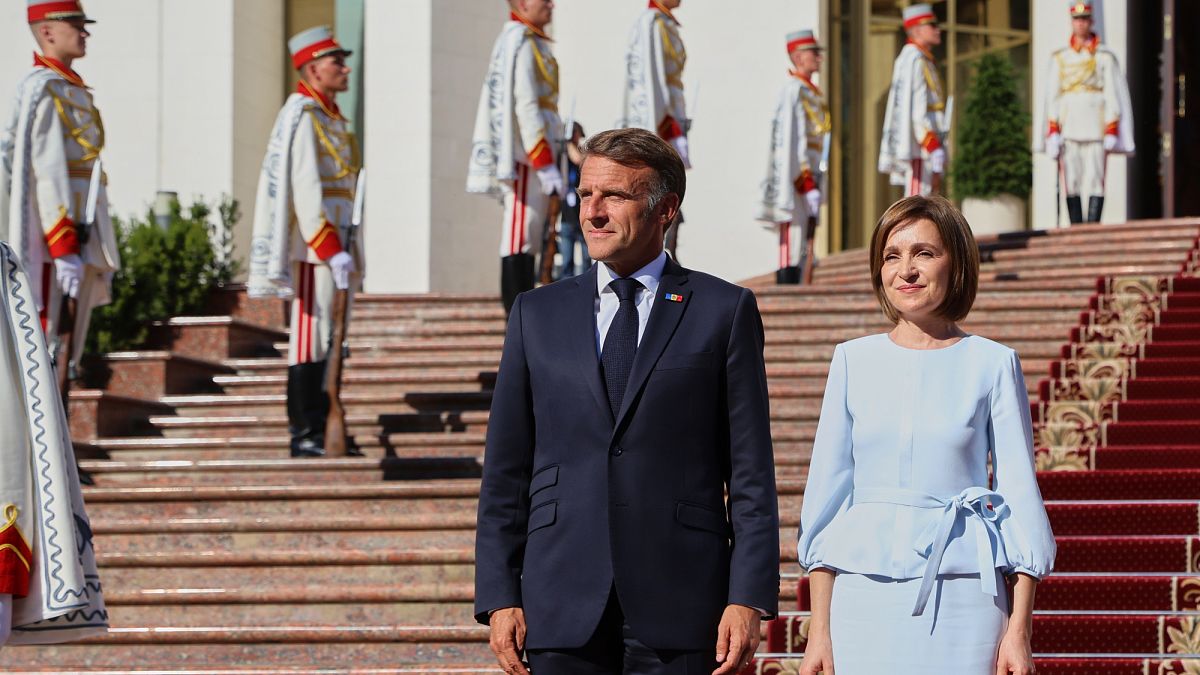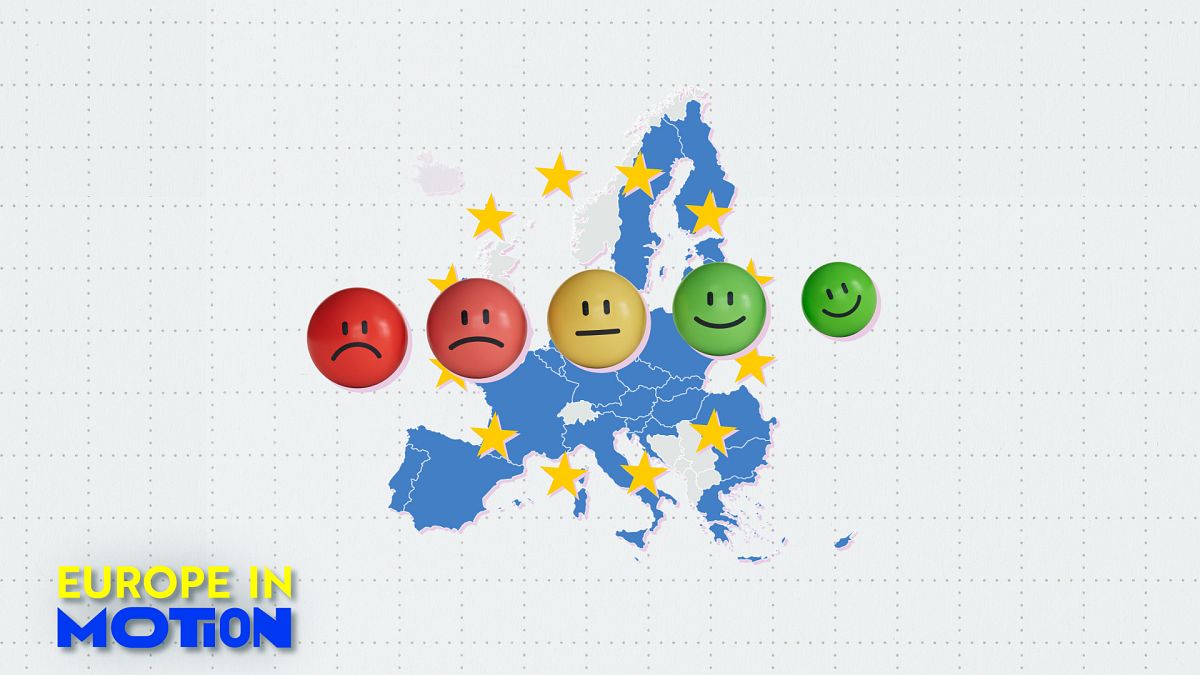ADVERTISEMENT
Europe is experiencing an upsurge in GPS interference in areas such as the Baltic and Black Seas, particularly near airports and critical infrastructure.
The plane carrying European Commission President Ursula von der Leyen was hit by GPS interference on Sunday in Bulgarian airspace on an official tour of seven Member States bordering or located near Russia and Belarus.
The Bulgarian authorities suspect Russian interference.
“Since the start of the war and Russia’s invasion of Ukraine, since February 2022, there has been a considerable and very noticeable increase in GNSS (Global Navigation Satellite System) jamming, and recently there have been incidents of this in Bulgaria and on the eastern flank, from Finland to Cyprus, affecting EU aircraft and ships,” Paula Pinho, the European Commission’s chief spokesperson, said on Tuesday.
Last year, the plane carrying then British Defence Secretary Grant Shapps suffered GPS interference on the outskirts of the Kaliningrad exclave.
Russia “has jamming bases in Kaliningrad, along Russia’s borders with the Baltic states, and obviously also along its borders with Ukraine,” David Stupples, Professor of Electronic and Radio Engineering at City St George’s, University of London, told Euronews.
The incident is far from isolated. In a letter dated May 2025, European ministers reported that GPS jamming and spoofing had been observed since 2022 in the Baltic Sea region, mainly from Russia and Belarus, and that GPS interference from aircraft had increased dramatically since August 2024.
Lithuania recorded more than 1,000 cases of GPS interference in June, 22 times higher than in June 2024, according to the country’s communications regulator.
In Estonia, 85% of flights were affected by GPS interference, according to authorities. Poland recorded 2,732 cases of GPS jamming and spoofing in January 2025.
Hybrid warfare
There are two main types of GPS interference: jamming and spoofing.
“GPS jamming essentially creates radio noise to prevent the receiver from receiving information from a satellite signal,” Tegg Westbrook, Associate Professor at the University of Stavanger, told Euronews.
“GPS spoofing is more manipulative. It involves injecting false signals to give the receiver misleading information, whether navigation information or position information,” he adds.
These are hybrid warfare or electronic warfare techniques used by Russia “to harass and intimidate neighbouring countries,” according to the expert.
“In the north of Norway, in Finnmark, there has been a lot of GPS jamming of ambulances, aircraft and forestry operations, all the way to Latvia, Lithuania and Finland, where it has also had a real effect on shipping,” adds the professor.
But despite the concerns, pilots are trained to deal with these scenarios and are familiar with alternative navigation methods.
“Back-up systems work very well and they are not as accurate as GPS, but they are reasonably accurate. And with ground radar, which is operated by Eurocontrol across Europe, aircraft are perfectly safe,” explains David Stupples.
“The most serious situations where GPS jamming will have the greatest effect or impact are in very bad weather conditions, so when there’s a thunderstorm, when it’s also dark, and especially where there’s a lot of air traffic,” adds Tegg Westbrook, while specifying that this scenario applies to less than 1% of cases.
Defence Commissioner Andrius Kubilius said on X that the EU would increase the number of satellites in low earth orbit to better detect interference.
NATO is also working to counter Russian jamming of civilian flights, Mark Rutte, the alliance’s secretary general, said on Tuesday.
On 6 June, 13 EU member states asked the Commission to take measures to counter the increase in GPS interference in Europe.
In particular, they proposed developing alternative systems to the global satellite navigation system and speeding up the deployment of interference-resistant GNSS services.



